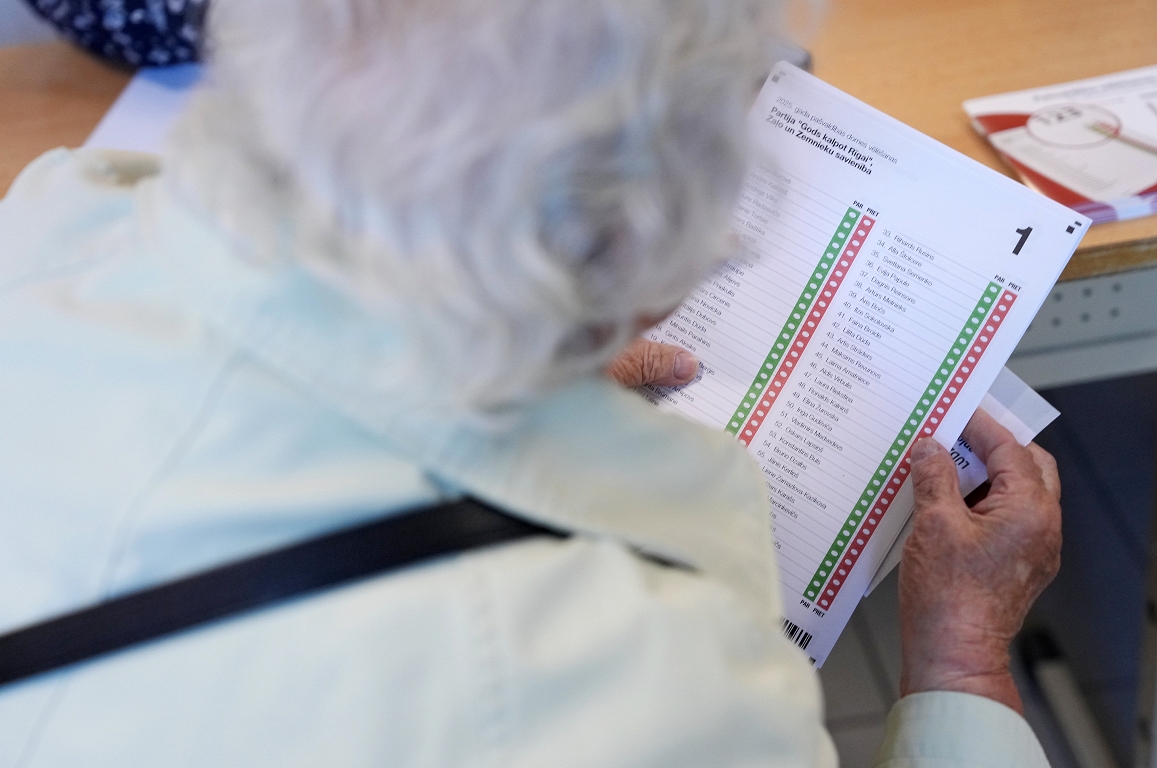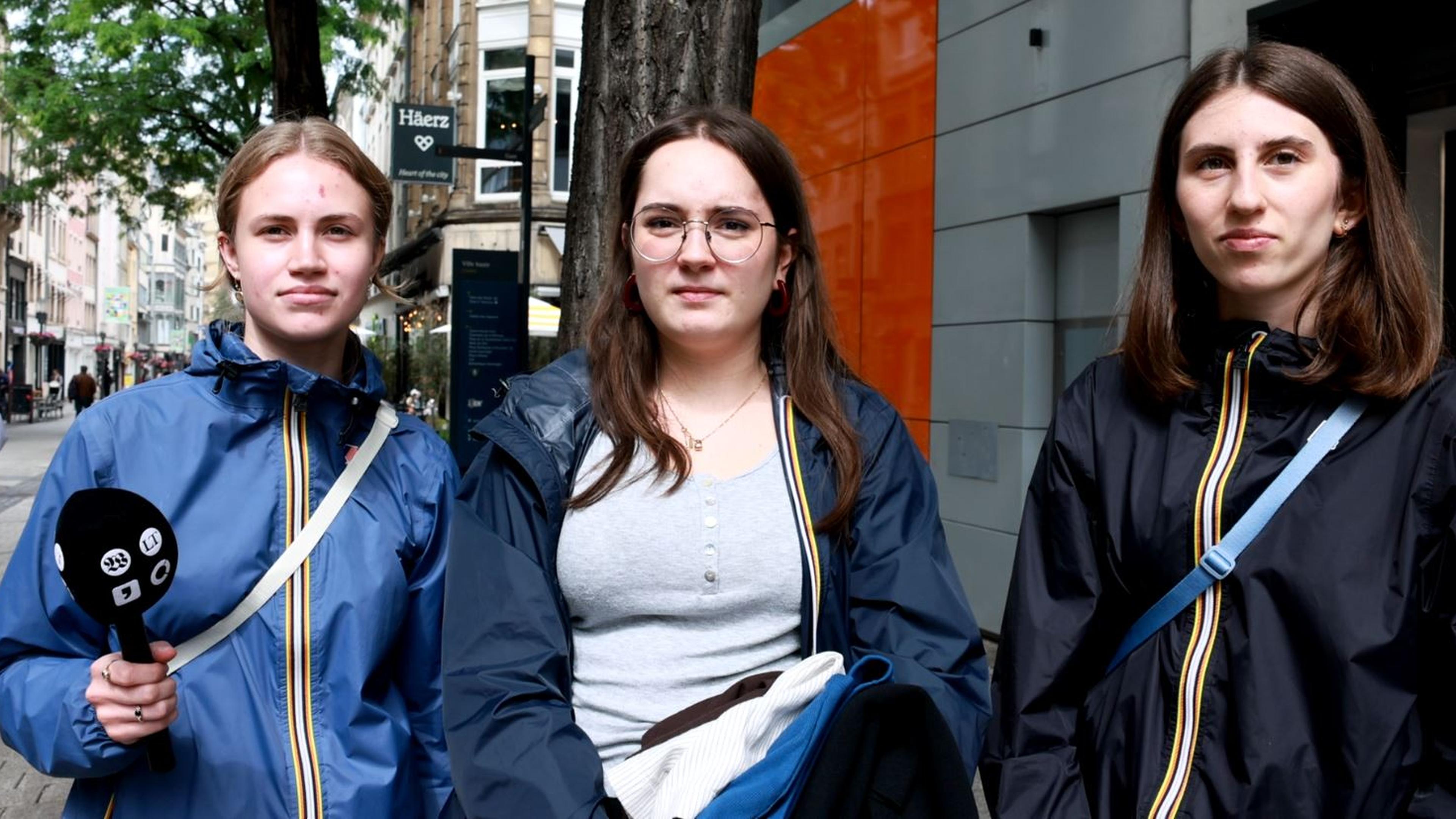Second day of hostage taking and clashes between separatists and the army – Liberation

A « Large -scale operation » For a spectacular attack. The Pakistani forces are trying this Wednesday, March 12, ending the assault of Balouthes separatists against a train transporting nearly 450 passengers – 155 have been released since – launched on Tuesday around 13 hours local (9 hours, French time). Nearly twenty-four hours after the start of this hostage-taking in southwest Pakistan, army helicopters fly over the city of Sibi, about fifteen kilometers from the place of the attack.
Tuesday, a very temporary first assessment also spoke of three dead, « A police officer, a soldier and the train driver were killed »announced Mohammed Aslam, an official of the railways from the neighboring town of Mach, whose station has been transformed into a country hospital. Sources of security evoke 27 assailants killed for their part.
It all started the day before, when the Jaffar Express, party of Quetta (the capital of Balutchistan), on the edge of Pakistanof the'Iran and Afghanistan, And supposed to rally Peshawar, the capital of the neighboring province further north, was taken over at the entrance of a tunnel near the city of Sibi. There, a bomb exploded, damaging the rails and kicking off the attack on the Balutchistan Liberation Army (Bla), the main separatist group of this province rich in hydrocarbons and minerals – it is nevertheless the poorest in Pakistan. With this attack, a new level was crossed in the violent showdown between the Bla and the Pakistani security forces.
Since then, fire exchanges have never stopped. The confusion reigns over the fate of hundreds of passengers, the night having a little more complicated the situation, specifies local police officials. « We have information that suggests that attackers have fled, taking with them an indefinite number of hostages to the mountainous areas of the surroundings »reported a local security services manager. The blah, she says, wanting to exchange hostages for Baloutches prisoners.
L'« Operation on a large scale », Who « Is planned in the morning », aims at « Save the hostages on the train », but also « Those taken elsewhere in the region », announced a second manager. Nevertheless, the progress of the troops is slowed down by the fact that « Kamikazes have positioned themselves with their explosive belts in the middle of innocent hostages ».
Liberated passengers said they were released by Baloutches fighters and then walked for hours in the mountainous region to reach the next station, hence a freight train led them to Mach. From there, they would have been conveyed by bus to Quetta, « Under high security ». The army has not commentary so far and no assessment of victims in the ranks of the police has been communicated.
While the authorities lock access to this province which houses many sites – Mainly Chinese – In energy and transport, the black regularly claims deadly attacks – often carried out by suicide bomber – against the police and the Pakistani from other provinces. It accuses them, in the same way as foreign investors, of looting the province and of marginalizing its Baloutche population.
Tuesday evening, a released hostage said that the attackers had « Verified identity papers » passengers and « Setting away those who were from the pendjab »perceived as dominating the ranks of the army, engaged in the battle against the separatists. In February, the separatist group had already claimed to have killed seven pendjabis. Accused of acting on behalf of the army, they had been released from a travelers and then shot. In August, BLA fighters had killed 39 people using the same process, including checking the ID's identity cards on different roads before shooting them down if they were hanging. At the beginning of November, the Bla also laid a bomb on a quay of Quetta station and killed 26 people, including 14 soldiers.
Pakistan is experiencing an upsurge in attacks, in particular Islamists and separatists, mainly in Balutchistan and in Khyber-Pakhtunkhwa, which also borders Afghanistan. The ISLAMABAD Safety Research and Studies Center estimates that 2024 was the deadliest in almost a decade with more than 1,600 people who died in attacks, including 685 members of the security forces.








:format(webp)/s3/static.nrc.nl/images/gn4/stripped/data132512191-bf7b93.jpg)